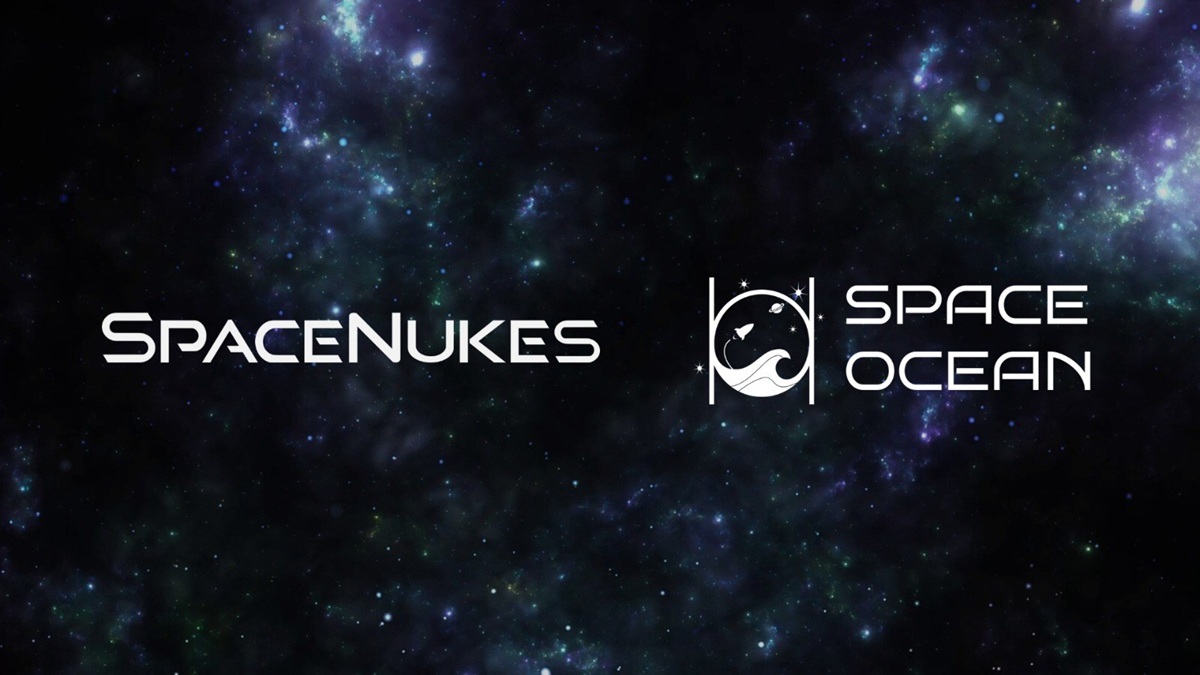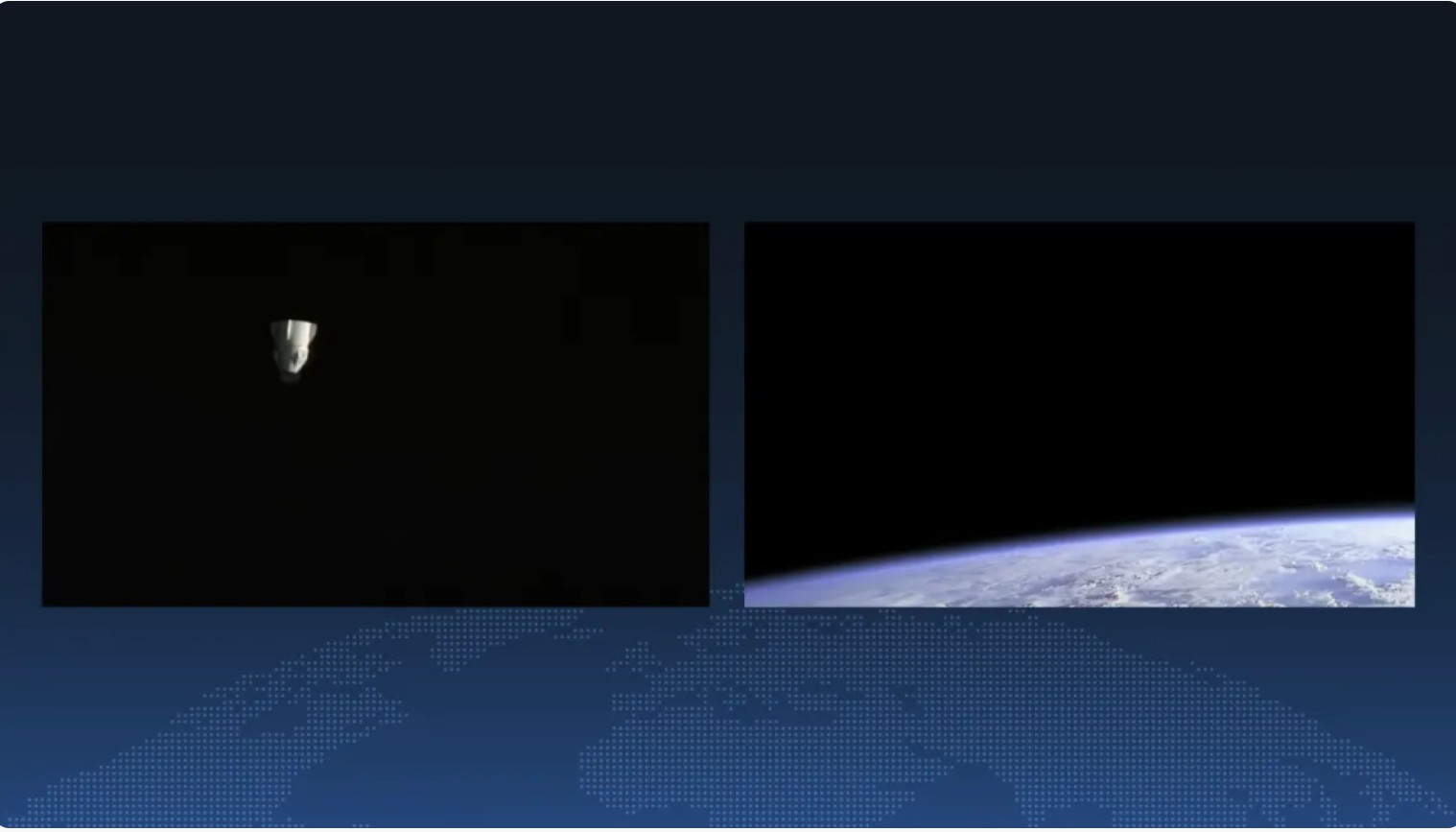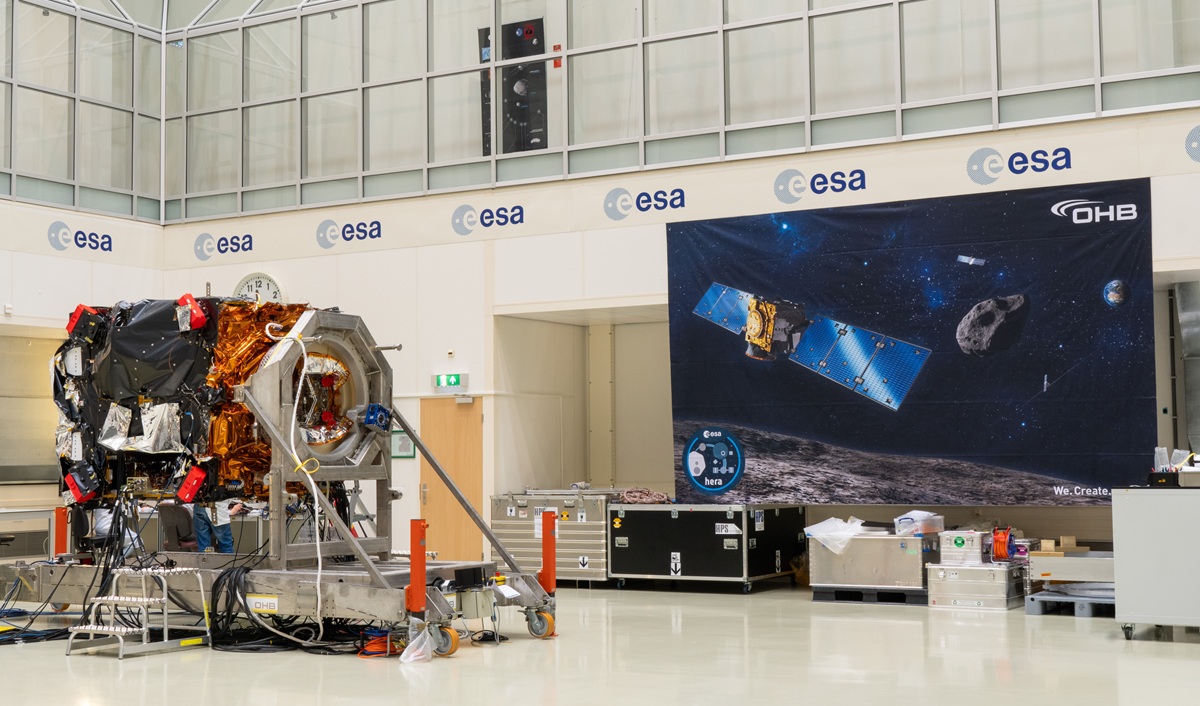Brownsville, Texas: In a step toward the next frontier of deep-space exploration, Space Ocean Corp has signed a Letter of Intent (LOI) with Space Nuclear Power Corporation, widely known as Space Nukes, to collaborate on integrating compact nuclear reactor technology into orbital and interplanetary missions. The agreement marks a significant milestone in the growing intersection of in-space logistics and advanced power systems.
Under the new understanding, Space Ocean will evaluate Space Nukes’ 10-kilowatt nuclear reactor design aboard its ALV-N satellite platform. The prototype test aims to validate the reactor’s performance in orbit and determine its potential as a sustainable energy source for future missions extending from lunar operations to Mars-bound expeditions. If successful, the collaboration could establish Space Nukes as a cornerstone power supplier for Space Ocean’s long-term exploration and logistics programs.
Paul S. Mamakos, CEO of Space Ocean Corp, said the agreement represents a crucial step toward creating autonomous and energy-independent spacecraft. “Power is mission-critical, especially when you’re operating in the deepest parts of space,” Mamakos stated. “This partnership allows us to combine our expertise in orbital logistics and fluid delivery systems with reliable nuclear power solutions that can scale and endure the demands of deep-space operations.”
Andrew Phelps, CEO of Space Nuclear Power Corporation, emphasized the compatibility of both companies’ visions. “Space Ocean’s mission perfectly complements our goal of deploying small, scalable and incredibly robust nuclear systems designed for long-duration missions,” Phelps noted. “Through this partnership, we’re setting the stage for a new era in which spacecraft can effectively generate and distribute their own energy far beyond Earth’s orbit.”
Pete Freeland, President and Chief Technology Officer of Space Ocean, described the alliance as transformative for the future of off-world power systems. “Our collaboration with Space Nukes will accelerate the maturity of critical power technologies that are fundamental to interplanetary exploration,” Freeland said. “It’s more than a technical partnership—it’s a shared vision for sustainable operations across the solar system.”
The LOI outlines three major areas of joint effort. First, the two companies will explore the integration of Space Ocean’s fluid transfer systems with Space Nukes’ reactor modules, aiming to develop a unified platform for power generation and resource distribution in space. Second, the collaboration will focus on gathering operational data to support achieving Technology Readiness Level 9 (TRL-9), the benchmark for fully space-qualified technology. Finally, both organizations will form a Joint Working Group to identify additional commercial pathways and infrastructure projects that extend beyond the initial test phase.
Though the LOI is non-binding, it signals a strong strategic alignment between Space Ocean and Space Nukes—two firms tackling the formidable challenges of long-duration missions, energy autonomy, and space system logistics. Analysts see the agreement as part of a broader movement toward nuclear-enabled spacecraft that could revolutionize how power is generated and maintained across distant orbital environments.
Space Ocean Corp, headquartered in Brownsville, Texas, is developing what it calls the first fully integrated space logistics platform focused on refueling, resource transfer, and in-space service infrastructure. Its model combines Infrastructure-as-a-Service (IaaS) and Data-as-a-Service (DaaS) offerings, providing support not only for satellite operations but also for emerging sectors such as space-based research and pharmaceutical development.
Space Nuclear Power Corporation, or Space Nukes, specializes in developing compact, mission-ready nuclear reactors designed to operate autonomously across deep-space conditions. Built for safety, scalability, and prolonged operation, the company’s reactors are engineered to deliver dependable energy to missions on the Moon, Mars, and beyond.
By blending Space Ocean’s logistics innovations with Space Nukes’ reactor technologies, the two companies are positioning themselves at the forefront of a new era in space infrastructure—one where dependable, scalable nuclear energy could power humanity’s deepest ventures into the cosmos.





